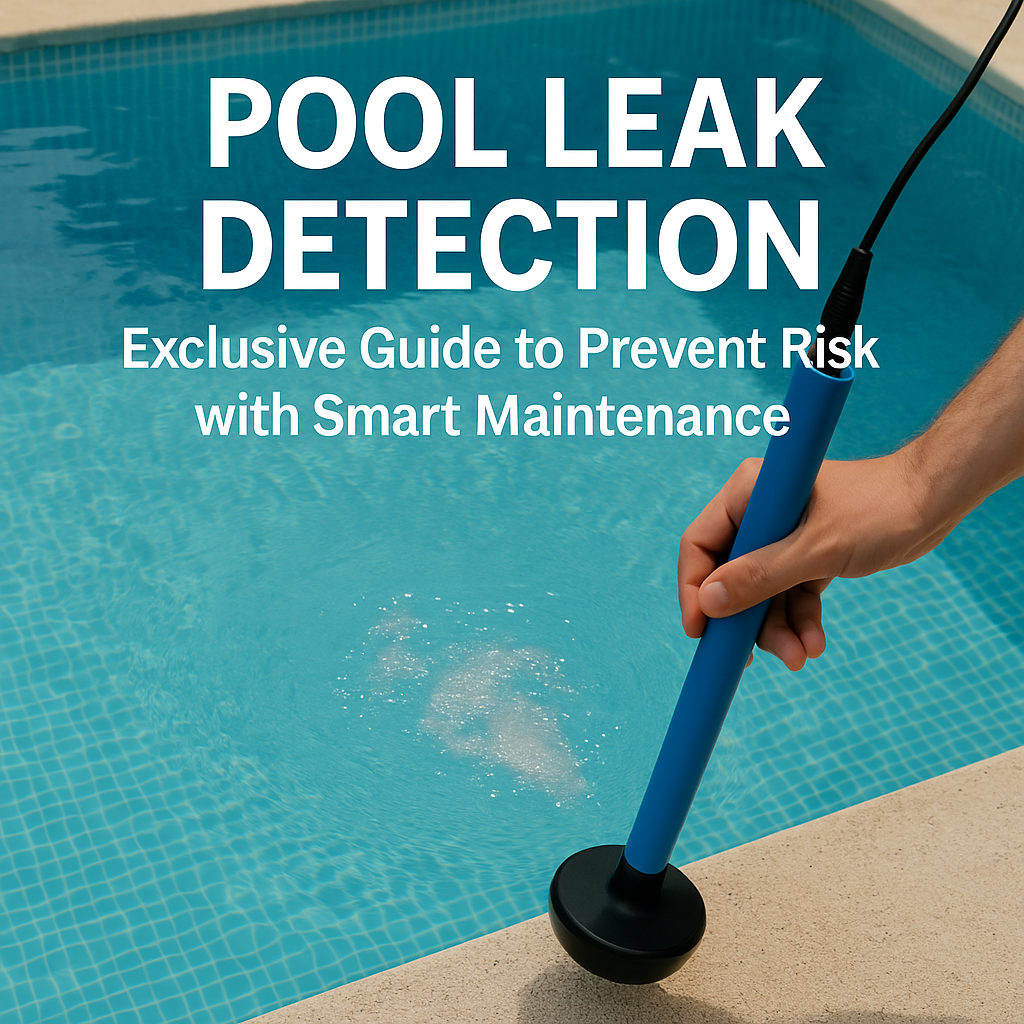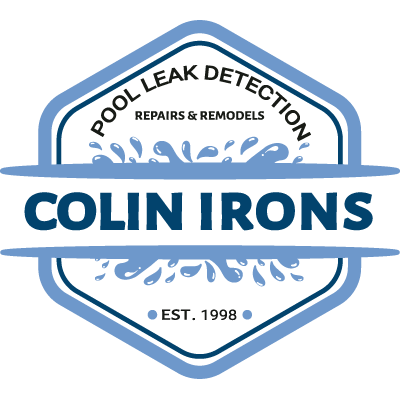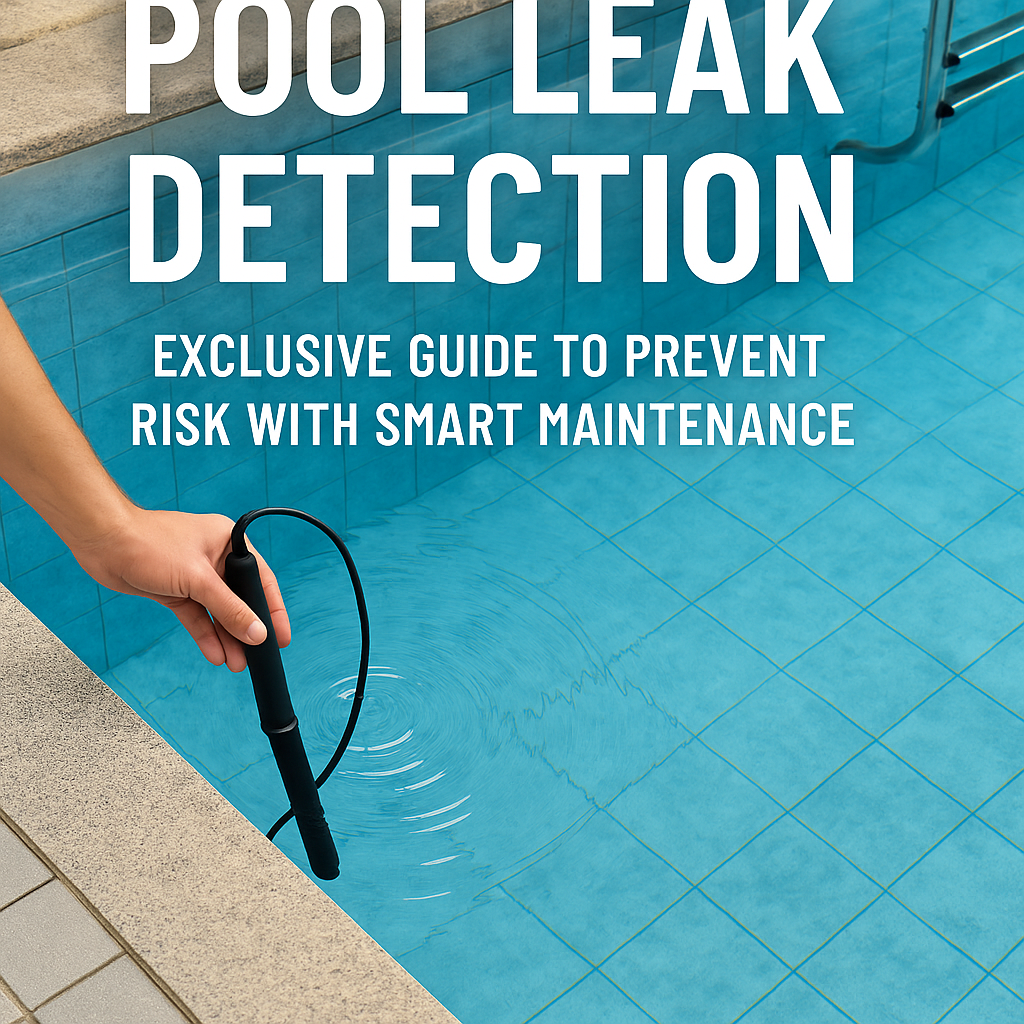Pool Leak Detection: The Gateway to Prevention and Smart Maintenance
Pool leak detection might not seem like a key concern when you’re lounging by the pool on a sunny afternoon. But, overlooking small leaks may lead to serious repercussions later. With factors such as weather conditions, temperature fluctuations, and the inevitable wear and tear, leaks in your swimming pool can be a common occurrence. This guide will take you through a comprehensive understanding of pool leak detection, repair methodologies, and robust pool maintenance practices.
Understanding Pool Leak Detection
The first step towards effective pool management is pool leak detection. Unexplained water losses, damp patches around the pool area, and abnormal amounts of chemicals required to balance your pool’s chemistry, are often signs of a potential leak. Pool leak detection involves recognizing these red flags and taking appropriate action.
So, how does one go about finding a leak in their pool? The most common way is through the bucket test. To conduct this, fill a plastic bucket with water and place it on the first step of your pool so that it is partially submerged and at the same water level as your pool. Mark both water levels and after 24 hours, compare them. If your pool’s water level has decreased more than that of the bucket, you likely have a leak and should proceed with pool leak repair.
Paving the Way for Pool Leak Repair
Your efforts for pool leak detection would be in vain without efficient repair techniques. Pool leak repair primarily involves identifying the precise location of the leak, which can be a bit challenging. Leaks often happen in locations like the pool’s plumbing system, the lights, or the pool’s shell.
If you can’t identify the leak source yourself, hiring a professional should be your next step. Professional pool leak detection services deploy advanced techniques such as pressure testing, dye testing, and electronic leak detection to identify leaks. Remember, thorough pool leak detection and repair can save you from significant expenses down the line.
Preventive Measures and Smart Maintenance
Prevention is often hailed as the best cure, and the same principle applies to pool maintenance. Regular pool maintenance beats dealing with damage control after leaks. Whilst regular procedures like adjusting chemicals, cleaning, and regular motor checks are imperative for keeping your pool in order, a few other practices can go a long way.
Firstly, always inspect your pool. Keep an eye out for any unusual changes in water levels, cracks in the pool’s shell, or damp spots in the surrounding area.
Secondly, maintaining a balance in your pool’s chemistry is a powerful preventive measure. Pool environments that are too acidic can lead to corrosion, leading to leaks, whilst a highly alkaline environment can lead to damaging deposits on your pool’s surfaces.
Lastly, don’t overlook the importance of the pool filters. Clogged or damaged filters can put undue pressure on the pool’s circulation system, leading to leaks. Regular cleaning and replacement of filters can preemptively prevent complications.
Wrapping Up
To conclude, while owning a pool is a boon, keeping it shipshape should be a priority. An effective pool leak detection service or technique can be your first line of defense in preventing the unnecessary wear and tear of your beloved swimming pool. Pool leak repair, when done promptly and efficiently, can enable longer pool life and prevent other risks associated with structural damages. And last, but certainly not least, proactive pool maintenance can help you stay ahead of issues, ensuring endless moments of relaxation and joy in your home oasis.
By implementing these smart practices into your pool maintenance routine, you can curb the risk and maximize the joy your pool brings to you and your loved ones. So, here’s to fewer worries about leaks and more happy splashes in the pool!



